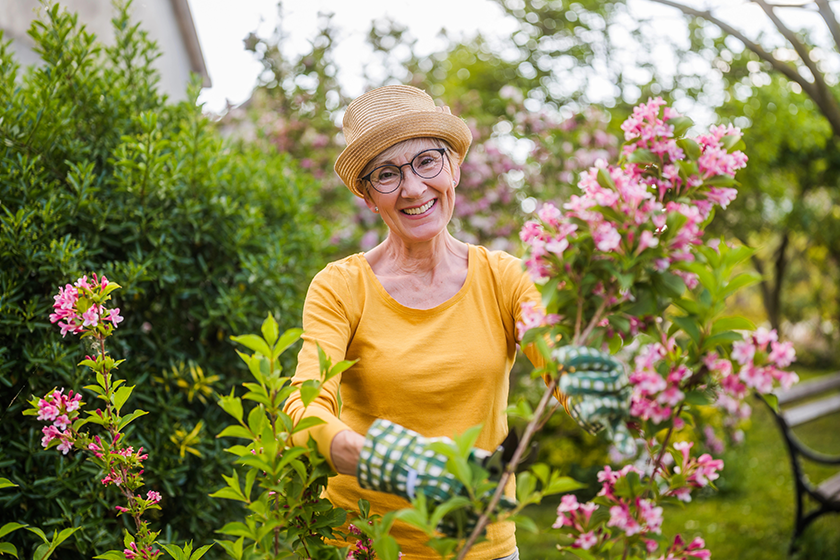The Rewarding Benefits Of Gardening For Seniors

Gardening is an opportunity to connect with nature and nurture a sense of purpose. For those in their golden years, the benefits of gardening for seniors extend far beyond the physical act of cultivating plants. Gardening offers a holistic experience that nourishes the mind, body, and soul, providing a sense of fulfillment and improving overall well-being.
A Natural Way to Reduce Stress
Stress and anxiety can be challenging, particularly for older adults who may feel socially isolated. Gardening serves as a therapeutic activity that promotes relaxation and brings a sense of calm. The rhythmic act of planting, watering, and tending to a garden fosters mindfulness, creating a space where worries fade into the background.
Time spent outdoors, surrounded by greenery, can also help reduce cortisol levels, the hormone associated with stress. The result is a more peaceful and positive mindset.
A Gentle Boost of Vitamin D
Spending time outdoors is one of the simplest ways to absorb Vitamin D, an essential nutrient for bone health and immunity. Gardening allows older adults to enjoy sunlight safely, promoting healthier bones and a more robust immune system. This exposure also contributes to increased energy levels, making it an easy and enjoyable way to improve physical health.
Gardening as a Form of Exercise
Gardening combines light physical activity with the joy of nurturing life. Activities like digging, planting, weeding, and watering involve movements that engage muscles, improve flexibility, and boost overall strength.
For those with limited mobility, gardening can be adjusted to fit physical capabilities. Raised garden beds, for example, offer an accessible solution while still promoting physical activity. By keeping the body moving, gardening supports healthier joints and improved mobility.
Strengthening Cognitive Abilities
Engaging in gardening tasks that involve problem-solving, memory, and coordination stimulates cognitive functions. Research has shown that gardening can help reduce the risk of cognitive decline, including conditions like dementia and Alzheimer’s.
Planning a garden layout, selecting plants, and managing tasks all encourage mental activity, keeping the brain sharp and engaged. These benefits make gardening an enriching activity for overall cognitive health.
Building Connections Through Shared Interests
Gardening is a social activity as much as it is a personal one. Many gardening enthusiasts enjoy exchanging tips, sharing seeds, or participating in local gardening clubs. These interactions create opportunities for meaningful conversations and relationships.
Community events centered around gardening, such as plant swaps or workshops, also provide a platform for meeting like-minded individuals. Virtual gardening classes are another option, allowing participants to connect with experts and fellow gardeners from the comfort of their homes.
Cultivating a Sense of Purpose
Gardening gives older adults a reason to look forward to each day. The process of nurturing plants and watching them thrive instills a sense of accomplishment and purpose. It offers a productive way to spend time while contributing to a more vibrant and colorful environment.
This sense of purpose is particularly valuable during retirement, when individuals may seek fulfilling ways to stay engaged and active.
Where Growth and Connection Flourish
Our Independent Living community values the transformative power of activities like gardening. With on-site senior living programs, vibrant outdoor spaces, and a welcoming atmosphere, we foster meaningful connections and encourage an active lifestyle in our residents.
Explore how we support well-being and joy every day. Schedule a visit to discover more.
